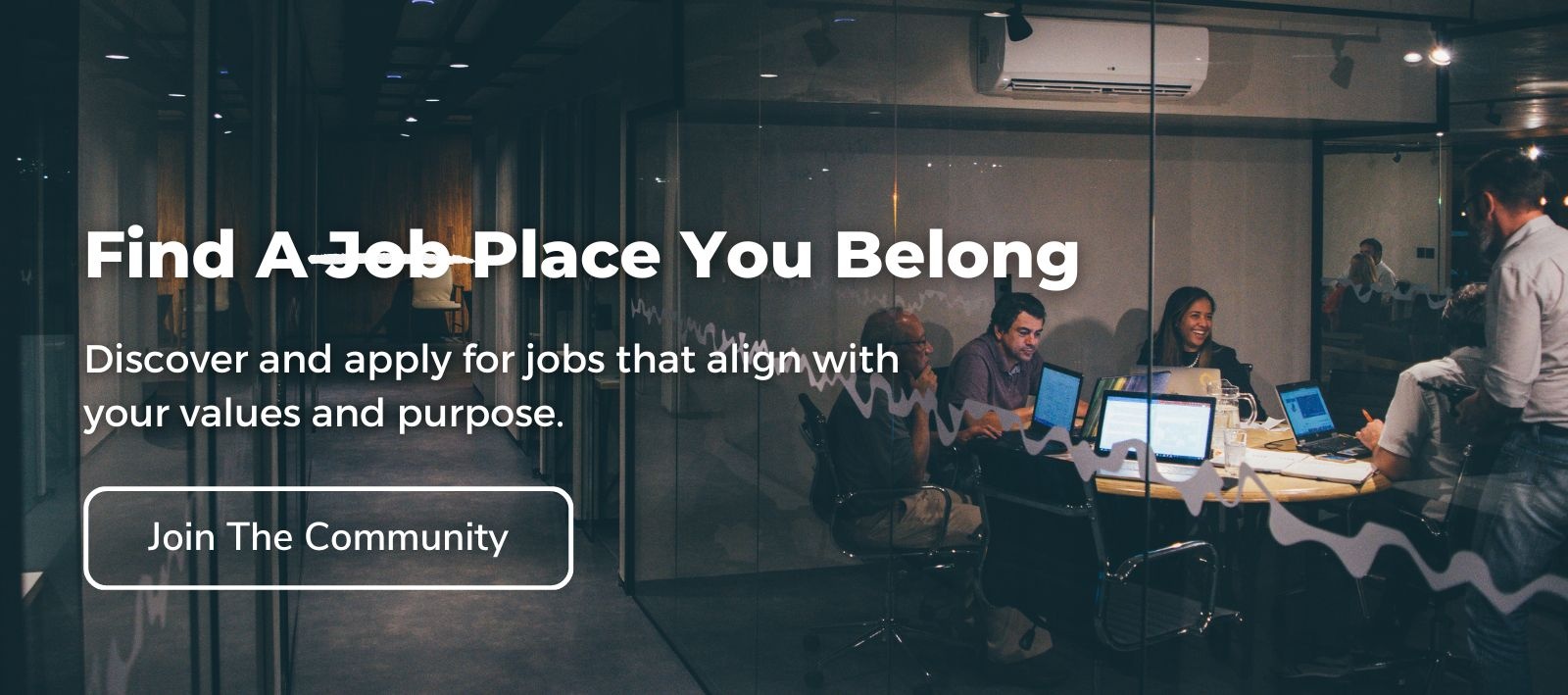Mentorship is a heavily talked about concept in the professional world. As early as college, we’ve had it ingrained in us to get a mentor to help us through all our professional ups and downs. Even professional athletes pay homage to the players before them who served as mentors in their careers. So what’s all the buzz? Let’s break it down.
What is a Mentor?
A mentor is a trusted advisor. Simple as that. Someone whose opinion you trust when you need guidance or support for anything along your career journey. This is a person in your life that you see as a role model — someone you look up to and maybe even want to emulate because of their characteristics as a professional.
Types of Mentors
Surprisingly enough, there are different types of mentors and levels of mentorship to choose from. And most often it’s helpful to have more than one.
The Expert
This type of mentor is a person in your career field that is just so darn good at what they do. Probably mid-late career, this person has gained years of experience and wisdom and is truly a subject matter expert.
Why: The Expert is the person you go to for advice for really specific needs in relation to your craft. They should be able to help with a problem down to the most minute details and help you really strengthen your skills.
The Cheerleader
The Cheerleader is the person who is always willing to talk you up at a networking event, introduce you to other beneficial people you should know, and truly champions your work and you as a person. They believe in you and only want to see you succeed.
Why: The Cheerleader will build up your confidence and connect you with the right people to propel you and your career forward.
The BFF
Your Work Wife, Work Husband, Work BFF, is a great mentor to have in your arsenal. This peer relationship probably doesn’t seem like a traditional mentor. And that’s because it’s not. These are the people who could have the same or similar career experience as you, but what makes them so valuable is that they are in the trenches with you.
Why: The BFF helps you navigate team personalities on a personal level, work through issues on projects, and even helps you understand your employee handbook. Because they’re going through it, too, they can easily support you through it all.
The Guardian
We all need someone in our lives who keeps us at the forefront of their opinion and advice — because we don’t always prioritize ourselves. This is the person who gives advice that best suits you in pursuit of work-life balance, mental health, and overall stability in life. Even if the decision could be “detrimental to your career”, they want you to be happy and see that as #1 in all things.
Why: In our society, being motivated and career-focused can sometimes throw us off balance. The Guardian will always be your north star, guiding you and protecting you (in some cases, from yourself).
The Newbie
Seems backward to look to someone younger than you for advice about work. But with each passing year, our society only continues to grow and innovate in new ways. If you’re not keeping your eyes open and ears to the ground, you could get lost in doing things “the old way”. It’s a fresh, new perspective you can’t always get from someone who has been in the business for 15 years.
Why: As the workforce gets younger and technology continues to innovate, you need to stay up to date with the latest. Talking with someone earlier in their career than you can be really valuable in understanding new generations, new technologies, and overall new ways to do the things we’ve always done. Never discount The Newbie.
Mentorship doesn’t always need to be a formal relationship in which both parties know they are being mentored or are the mentor. Some of the best mentor/mentee relationships are the informal ones!
The most important part of mentorship is that you are open and honest with your mentor and come prepared for conversations. Like most other aspects of your career — you’ll only get out of it what you put in.

%20(1).jpg?width=950&name=louise-viallesoubranne-iz3FlbSw1F4-unsplash%20(1)%20(1).jpg)

%20(1).jpg?width=5989&name=louise-viallesoubranne-iz3FlbSw1F4-unsplash%20(1)%20(1).jpg)





.png?width=50&name=Erin%20Gregory%20(1).png)